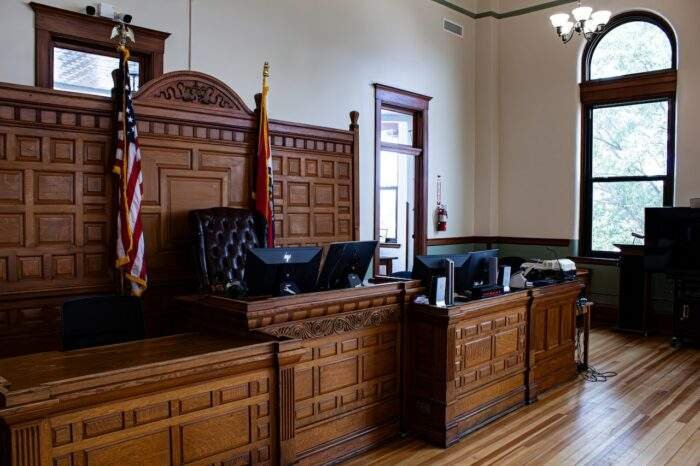What Function Does an Expert Witness Play in Court?

An expert witness provides independent assistance to the tribunal through objective, unbiased opinions on matters within his expertise. This overriding duty to the tribunal always precedes the responsibility owed to his clients. Expert witnesses’ specialized skills allow them to explain complex subject matter in a manner that the judge or jury can understand. In doing so, they help to clarify a case and speed up the process.
Opinions
An expert witness’s testimony can benefit a court case in many ways. For example, experts can assist with inventories and appraisals that can be used in property disputes, such as eminent domain, where the government is taking private land for public use. Experts can also determine the proper compensation amount for such a taking.
Defense consultants evaluate an expert’s experience and professional qualifications to select the best-case candidates. They will also consider whether the expert is trustworthy. For example, an expert should be willing to state the facts on which he bases his conclusions and should not ignore information that may damage the client who hired him. The expert should not give legal opinions, which the courts frown upon, and should remain within his sphere of knowledge in all matters. By staying “within the lines” of his specialty, an expert can foster a long career of providing helpful services to attorneys in court cases.
Expertise
The role of the expert witness is vital in any case. They provide valuable information that helps a judge or jury reach a decision. They can help break down overly technical subjects into simpler, easier-to-understand terms for the fact-finder. They can also assist in the calculation of damages and other financial matters. Attorneys need to choose the right expert witness for each case. It includes evaluating their technical skills, knowledge, education, and professional experience. They must ensure they have good communication skills and are familiar with the testimony.
The duties an expert witness owes to the court are paramount and must supersede any obligations they may have to their client or anyone else. If they become aware of any information that could damage their client’s case, they must share this with the court through their legal representatives. They must also avoid accepting any appointment involving a conflict of interest (unless it is resolvable). They must also ensure their reports are complete.
Conflict of Interest
The expert’s duty to the court precedes any obligation he might have to a party in the case. The expert’s role is to assist the tribunal and to express an opinion based on his expertise without bias or prejudice. He should not attempt to influence the tribunal by suppressing unfavorable information or promoting his views. An expert must disclose if he has a personal or professional interest in the case that could affect his impartiality. It can include being involved in other cases involving the same parties. A lawyer should make sure that the expert is not in a conflict of interest before they retain him. Expert witness reports and testimony takes a lot of time to prepare. They need to be objective, non-partisan and free of technical jargon and terms that will only confuse the tribunal. Compensation for the work is a must.
Testimony
When giving testimony in court, an expert witness can help clarify any details disputed in a case. It can help the judge and jury decide faster and more efficiently. The expert witness’s role is to educate the court by explaining medical, scientific, and technical concepts in terms that anyone can understand. They can also translate the information provided into clinically significant issues for the attorney, judge and jury to consider. While the expert’s overriding duty is to the court, they also assume responsibility for their client. Thus, they should only undertake instructions that they are competent/qualified to carry out and should provide opinion evidence that is soundly based. In addition, they should not condemn performance that falls within generally accepted practice standards and should state when a question is outside their expertise. Additionally, they should be willing to submit depositions and courtroom testimony transcripts for peer review. It ensures that they are providing objective, impartial, and independent evidence.





